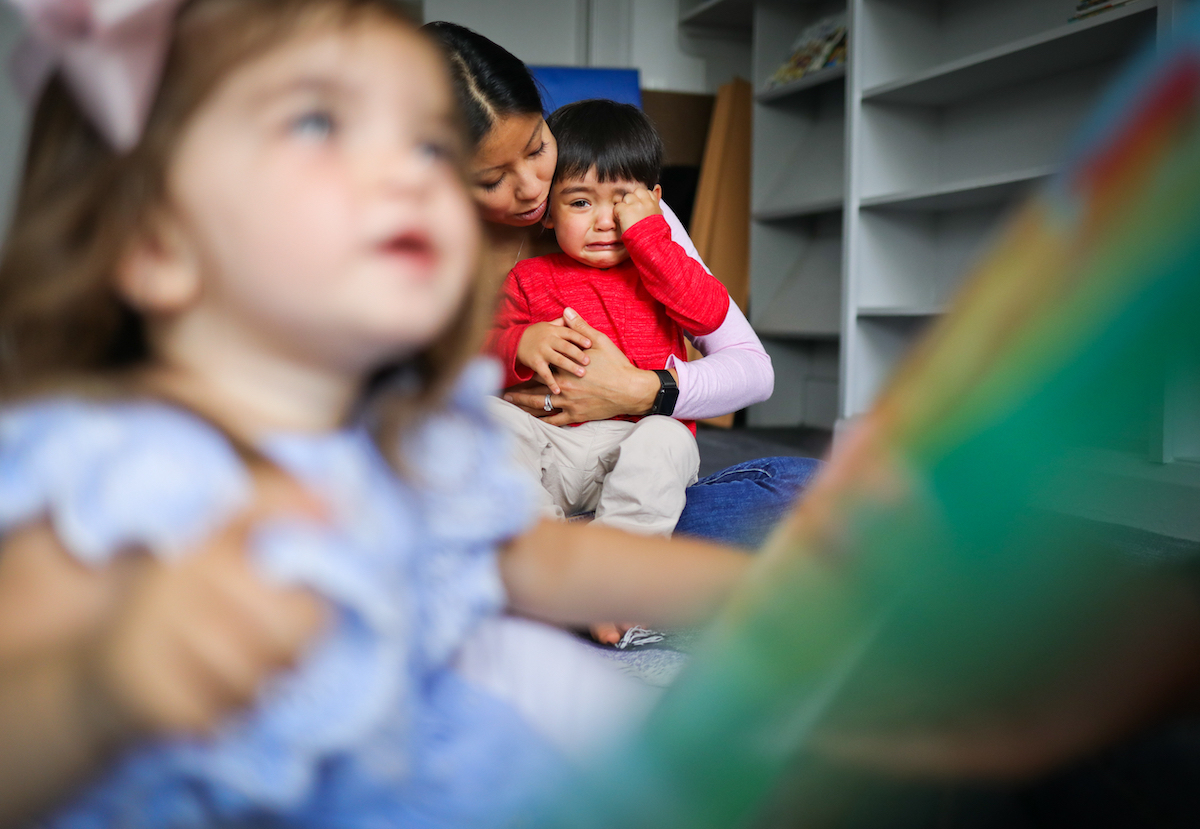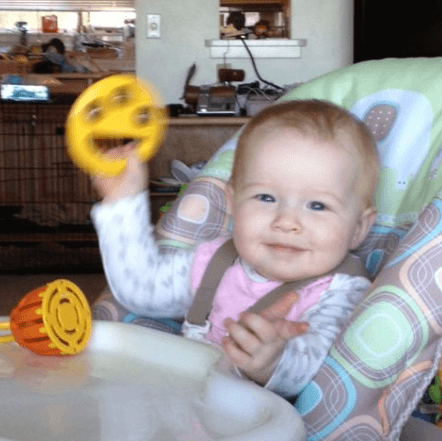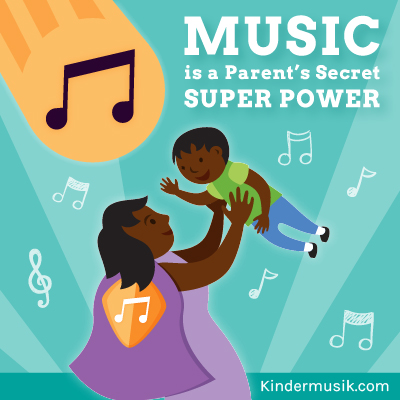Ah, the holidays—a time of rest, joyous family gatherings, and the harmonious sound of…meltdowns.
The reality is that this season often adds stress to families, especially for its youngest members.
Different schedules, new places, travel times, rich foods, family photos, and general overstimulation affect everything from mealtime to bedtime, which can contribute to not-so-merry meltdowns.
While grownups have the ability to command self-control faster, the brain’s pre-frontal cortex (where this function is typically associated) is not fully developed until adulthood. Additionally, relaxation is a learned behavior, which is why trying to reason with a toddler during a tantrum doesn’t usually work.
So, in the midst of holiday chaos, it’s important to gently teach children how to relax. Music and movement are some of the best tools out there to help little ones reset, recoup, and get ready for the next event.
Continue reading “5 Musical Ways to Manage Holiday Meltdowns”



 There is nothing routine about a routine. In fact, we think routines get a bad rap. After all, people often refer to routines as being “stuck in a rut” or “same old, same old” or even boring with a capital B. However, from a child’s perspective, routines are anything but boring and can be especially beneficial during the back-to-school season.
There is nothing routine about a routine. In fact, we think routines get a bad rap. After all, people often refer to routines as being “stuck in a rut” or “same old, same old” or even boring with a capital B. However, from a child’s perspective, routines are anything but boring and can be especially beneficial during the back-to-school season.

 Parents of young children need special superpowers. Forget about leaping tall buildings in a single bound or even flying, parents really need the ability to turn invisible in order to check on a sleeping baby, the power to fully function on only 3 hours of interrupted sleep, and the capacity to do the laundry faster than a speeding bullet! Who knew someone so little could go through so many clothes!?
Parents of young children need special superpowers. Forget about leaping tall buildings in a single bound or even flying, parents really need the ability to turn invisible in order to check on a sleeping baby, the power to fully function on only 3 hours of interrupted sleep, and the capacity to do the laundry faster than a speeding bullet! Who knew someone so little could go through so many clothes!?
